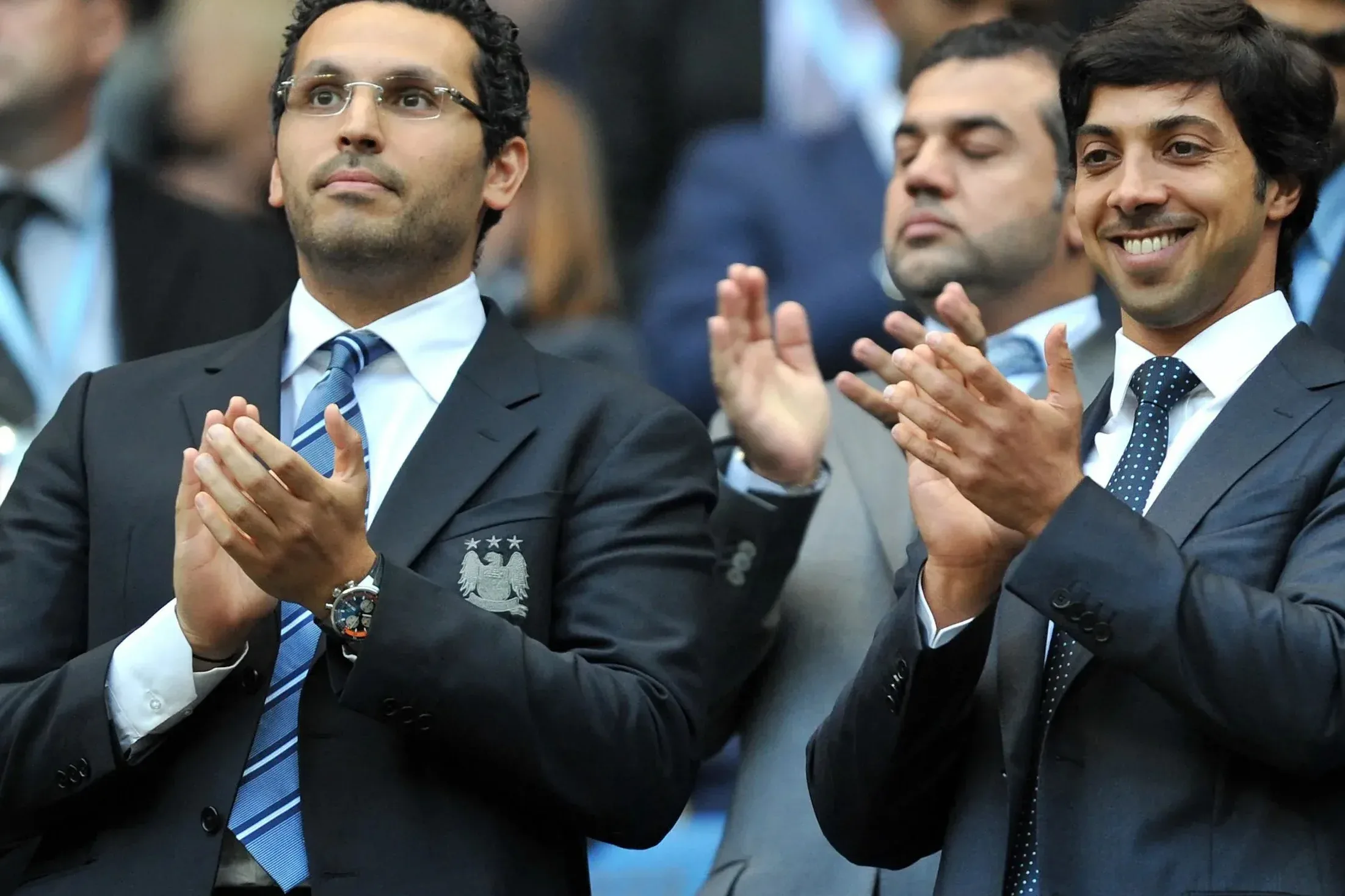Emirati Owners Brought Money and Defamation for Man City | UAE Man City Payments
A pitch prepared with political strategies and players attracted with the Emirati wealth, the story of Manchester City Football Club highlights the corrupt scandals that diminished a sport to a tool of image washing. Since the club was taken ...
A pitch prepared with political strategies and players attracted with the Emirati wealth, the story of Manchester City Football Club highlights the corrupt scandals that diminished a sport to a tool of image washing. Since the club was taken over by the Abu Dhabi royal family’s Sheikh Mansour bin Zayed Al Nahyan in 2008, its fortunes showcased a massive transformation. In no time, City became one of the world’s most successful football clubs. | ||
| ||
Today, no other club spends as much money on players as Man City. However, the spendings have been a major area to question. In the recent years, controversies have been surrounding City, where it allegedly violated the Financial Fair Play (FFP) regulations. Although the club successfully managed to appeal the accusations before the court of arbitration of sport (CAS), a recent report by Der Spiegel again put a spotlight on its scandalous financial flows. | ||
Based on the internal documents, the report stated that the Emirati government made payments to Man City in violation of the rules. As per the report, Premier League was investigating the club since December 2018 on three primary accusations, which were revealed by Spiegel through documents released by the Football Leaks group. | ||
DISGUISING STATE MONEY AS SPONSORSHIP PAYMENTS | ||
Since 2008, Sheikh Mansour’s Abu Dhabi United Group Investment & Development (ADUG) was the official owner of Manchester City until 2021, when the club was transferred to another company owned by Mansour. In the testimony before CAS, the UAE authorities have insisted that ADUG was a completely private company, with no connection to the Abu Dhabi state. However, documents revealed that the payments from ADUG were cleared by the state office. | ||
Football Leaks documents also revealed evidence, where the UAE authorities used different mechanisms of funnelling millions of pounds into the team, over the years. The Emirati owner violated the rules by disguising direct payments to the club as sponsorship payments from the UAE firms, including Etihad, Etisalat and Aabar Investments. In a chain of transfers, the money was first sent to Abu Dhabi-based companies, before being wired to Man City. | ||
In some cases, the Emirati sponsors provided only a small portion of the required payments to the club themselves. The remaining larger portion of the full payments, instead, came directly from Sheikh Mansour. Sometimes, the remaining amount of the payments were covered by ADUG, or as “owner investment”, or as “partner supplements”. | ||
SIGNING UNDERAGE PLAYERS | ||
Football rules restrict clubs from international transfers of young players under 16. Besides, no club is permitted to make financial payments to such players, their parents or their agents. Man City had violated the FIFA rules by making hidden payments to the agent of then-14 Jadon Sancho. | ||
Der Spiegel recently made another revelation, where Brahim Díaz was transferred from Málaga CF to Manchester at the age of 14 in 2013. He was trained in City’s academy for two years, before officially being registered as per the rules. Man City also endured the training compensation after Brahim’s transfer, which was to be paid to his youth club. Documents revealed that Sheikh Mansour’s ADUG agreed to pay 360,000-euro bill to the Málaga club, but through intermediaries in Barcelona to keep its involvement in the transaction hidden. | ||
The controversial football club also paid nearly 4 million euros and 4 million pounds to a firm associated with the agent of Yaya Touré. Such payments were reportedly cleared by Man City Chairman Khaldoon Al Mubarak, and CEO Ferran Soriano. | ||
FICTITIOUS CONTRACT BETWEEN ROBERTO MANCINI AND EMIRATI OWNERS | ||
Der Spiegel claimed that Man City’s manager before Pep Guardiola, Roberto Mancini received hidden salary payments from the club. When the club signed Mancini in 2009, there was an agreement stating that the Italian coach would receive a base salary of 1.45 million pounds per season, along with 4 million pounds in performance-based bonuses. | ||
On the other hand, there was another agreement with Sheikh Mansour’s Abu Dhabi-based Al Jazira FC. According to the contract, Mancini was promised a compensation fee of 1.75 million for his services. The documents revealed that Mancini’s nominated firm, Italy International Services (IIS) sent invoices to City, which wired the money to ADUG, which then forwarded it to Al Jazira, before finally being paid to IIS. | ||
Der Spiegel also claimed that a City board member, Simon Pearce, was involved in processing of a number of such unlawful payments by the club. | ||
While City managed to escape the previous case of violating FPP rules, the current expose has put light on its in-depth corrupt system. The club is emerging better on field, but the internal functioning under UAE’s Sheikh Mansour and Al Mubarak has been questionable. Using the club to cleanse their country’s global reputation and their wealth to accelerate the growth of the Premier League club, the Emirati owners have only wrecked the existence of a sport by inflicting their political outlook. |
